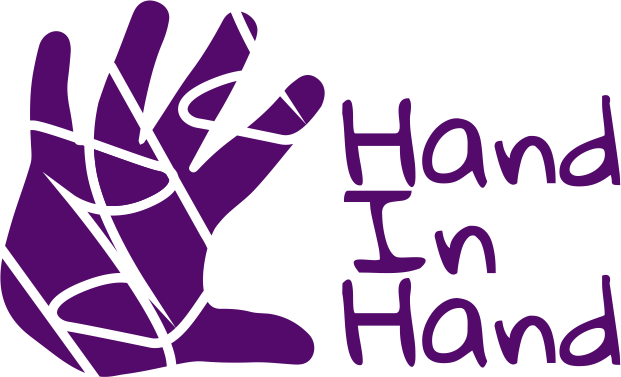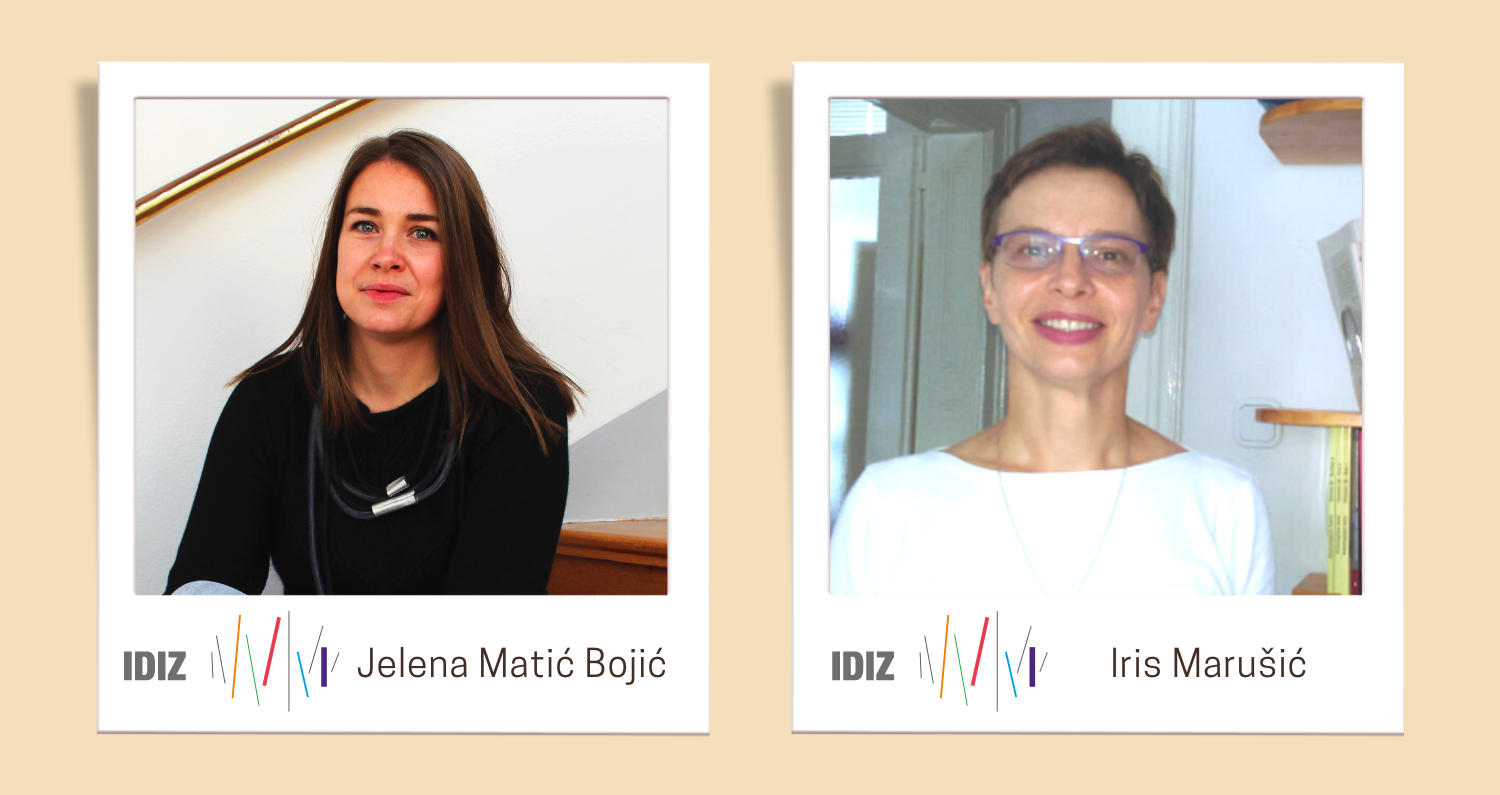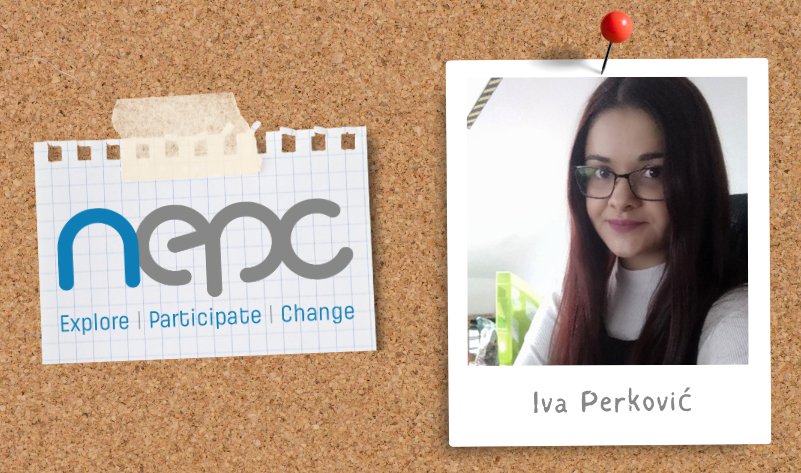




Read the interview with Iris Marušić and Jelena Matić Bojić from Institute for Social Research in Zagreb (ISRZ), HAND:ET partner leading the theoretical overview of the core concepts important for supporting teacher socio-emotional competencies and/or well-being as well as the implementation of the HAND: ET program in Croatia.
Introducing the HAND:ET Consortium & SEDA competencies is a series of web articles that will be regularly shared via HAND:ET web site and social media channels (FB, TW). We will present the project partners through short interviews with members of the project teams on the topics from the field of their expertise that is also connected to and relevant for the HAND:ET project main theme: social and emotional competencies and diversity awareness (SEDA) and empowering teachers in schools.
The Institute for Social Research – Zagreb (ISRZ) – Centre for Educational Research and Development (CERD) carries out socially significant, fundamental and applied quantitative and qualitative scientific research on various aspects of Croatian society. The ISRZ has 23 researchers in the areas of sociology, psychology, educational sciences, philosophy, political sciences and cultural anthropology, as well as five pre-doctoral researchers. ISRZ research topics cover youth, education, science, religion, sustainability, gender studies and cultural studies.
The Centre for Educational Research and Development (CERD) is a research unit within the ISRZ that carries out fundamental and applied research in education. The Centre’s mission is to improve educational policy and education in Croatia through research. The Centre strives for national and international recognition in the field of interdisciplinary scientific and developmental research in education.
ISRZ is responsible for implementing the HAND: Empowering Teachers program in Croatia and will support the upscaling of the results on the national policy level. ISRZ is also the lead in developing the theoretical overview of the core concepts of the HAND: Empowering Teachers project.
Iris Marušić, Ph.D., is a scientific advisor at the Institute for Social Research in Zagreb, Centre for Educational Research and Development. She received her Ph.D. from the Department of Psychology, Faculty of Humanities and Social Sciences, University of Zagreb. Her fields of research are educational psychology, personality psychology, and cross-cultural psychology.
Jelena Matić Bojić, Ph.D., is a research associate at the Institute for Social Research in Zagreb, Centre for Educational Research and Development. She holds Ph.D. in psychology from the Faculty of Humanities and Social Sciences, University of Zagreb. Her areas of interest are personality, social psychology, and educational psychology.
- There are a lot of discussions about the importance of well-being, privately and professionally. What would you say is considered well-being in the context of the teacher profession and when can we say that it is being impaired?
Teacher well-being is increasingly becoming a prominent topic in teacher policy and a focus of interventions in schools.
Teachers who are satisfied with their jobs, feel well-supported in their schools and are enthusiastic about their teaching report lower levels of stress and are less prone to leave the teaching profession. They also have a good balance between their professional role demands and their private lives. Well-being of teachers is also reflected in educational achievements of their students – teachers who are well and feel good about their work are able to better support the learning of their students, which is reflected in their students’ well-being and academic achievement.
Persistent stress and burnout are clear signs of impaired well-being of teachers that can eventually result in leaving the profession.
- Within HAND:ET we are trying to address one of the pressing issues in regard to teaching profession identified across the EU in significant amount of EU policy documents, reports and international research: lack of support for teachers and their careers.
- How do you see the role of supporting their social, emotional competencies and diversity awareness (SEDA) in resolving this issue?
From our everyday encounters with teachers, principals and school counsellors, but also from the existing empirical data, we see that teachers are often “forgotten about”. Throughout their careers, majority of the professional development programs that they get the opportunity to participate in deal with their subject knowledge or with the teaching process itself. Programs that focus on teachers as professionals, but also as individuals, are still rare. This is especially true if we consider only projects in which more teachers from the same school get to participate free of charge.
HAND:ET, as one of these programs, is therefore seen as very valuable for teachers in Croatia, where we act as trainers. Through HAND:ET program, we strive to empower teachers and help them to further develop their social, emotional and intercultural competencies. It is crucial to support these teacher competencies as teaching is a profession that is profoundly relational. If we expect teachers to be respectful, empathic, and in good relation with their students and their colleagues, we also need to support them in nurturing their good relations with themselves.
By having spotlight on teachers’ competencies such and self-awareness, self-management, social awareness etc. and by offering space for the supportive peer-to-peer encounters, we try to address the pressing issue of the lack of support for teachers and their careers.
- You are also working on exploring the key determinants of the psychological well-being of early-career teachers and plan to develop recommendations for providing support to early-career teachers and preventing their burnout, and consequently preventing them from leaving the profession.
- What kind of support to (early-career) teachers is necessary to stop teachers’ burnout and drop-out from the profession?
- Are there any differences between early-career and more experienced teachers in their needs and required support?
Teachers who enter the profession are particularly vulnerable at the beginning of their career. Facing the “reality shock” of transition into teaching and schools, early-career teachers often perceive that they lack teaching skills to cope with the complex reality of teaching in actual classes and schools. As a result, they question their own capabilities to motivate their students and support their academic achievement, which may in turn lead to increased levels of stress and burnout.
The experience of burnout at the very beginning of teaching career often prompts young teachers to reconsider their career plans and eventually leave the profession. Studies of teacher attrition indicate that up to 50% of teachers in some countries plan to leave the profession in the first five years of teaching. Available evidence from various educational contexts underlines the importance of support systems such as organized mentoring during induction period and supportive relationships in school as one of the key factors helping young teachers to cope with the demands of everyday teaching.
Early-career teachers’ well-being is a core subject of our TeachWell project, financed by the Croatian Science Foundation.
- In the recent literature, it seems that there is a raising trend in reporting about the positive effects and benefits of the Mindfulness Based Stress Reduction (MSBR) program when implemented with teachers, some of them being reducing the perceived stress.
- From the perspective of the HAND ET trainer implementing MBSR based program directly with teachers and other school experts in Croatia and also based on your experience from the initial HAND in HAND program, what is your take on this, how do you see the effects of the program in the practice and what does it bring into beneficiaries work and everyday life?
Along with the introduction of the mindfulness exercises, we often encounter the “stigma of luxury” that emerges when we initiate the exercises in which participants are asked to devote a few minutes of their time to themselves – to pause, to check how they are, to pay attention to their feelings and their bodily sensations at the moment... Teachers, principals and school counsellors often struggle to do it at first. Some of them become overwhelmed with thoughts and feelings that it is inappropriate, too self-centered, awkward… to do such things in their working hours.
After the initial setback, most of the participants overcome the idea that they do something that is pure luxury, and they realize the benefits and the necessity of this type of exercise. Soon the participants become used and even in need of “time-outs” that the mindfulness exercises provide. They report being calmer, more self-aware and less prone to act impulsively in everyday situations.
- Is there anything else you would like to share or add on this topic?
We hope that trainings supporting teachers’ social and emotional competencies and well-being would become an integral part of their pre-service and in-service education. Projects like HAND:ET are good step forward, but for all teachers to be supported, systemic solution is needed.
You can learn more about the project on the official HAND:ET website, and to stay informed about the ongoing project activities and upcoming outputs follow official project Facebook or Twitter.
WEBINAR
If you want to learn more about supporting the teacher well-being and key for the prevention of teacher burnout and drop-out from the profession, we kindly invite you to register for the webinar that will be held online on the 28th February 2023 at 11 am.


